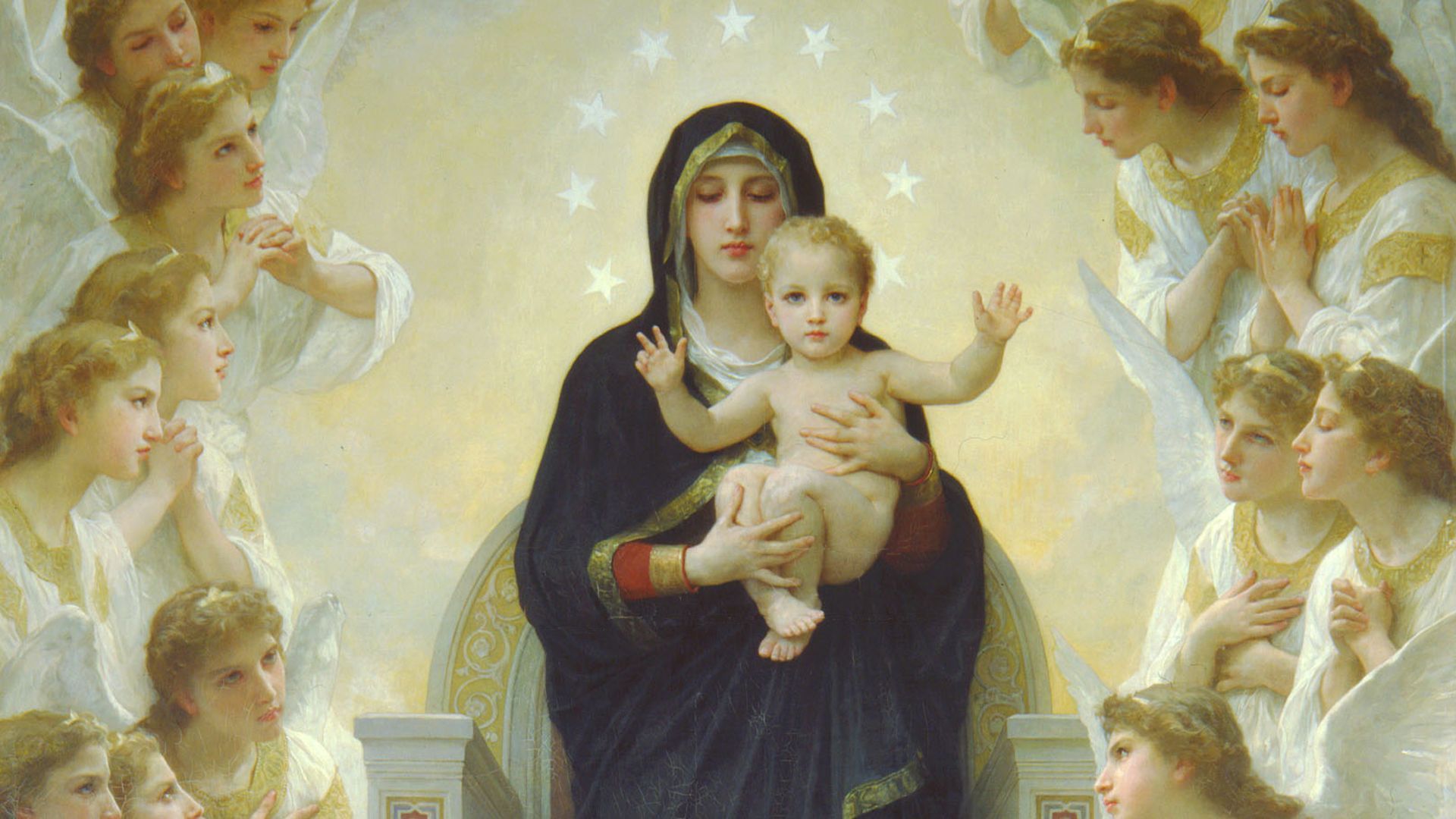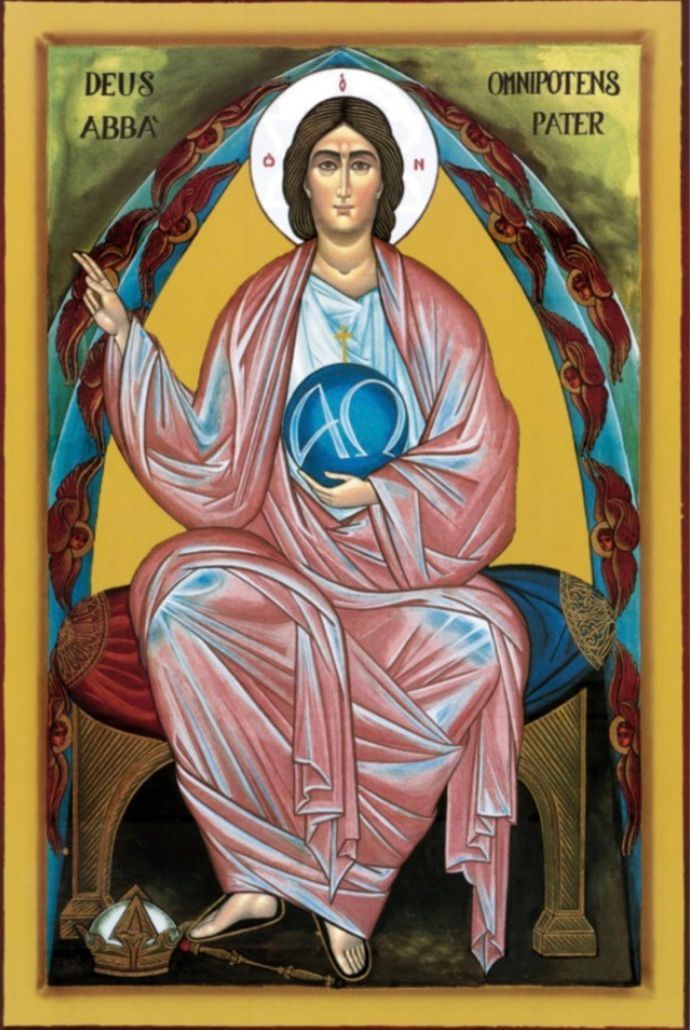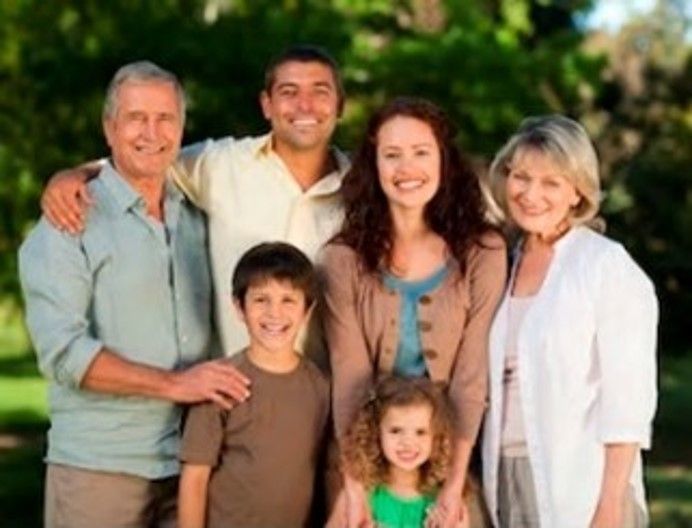RELIEF From Anxiety And FEELING Hopeless
UNDERSTAND THE LIFESTYLE OF PEACE AND SECURITY
this website HAS YOUR ANSWERS ...!
Is life treating you well? - Perhaps you should take a moment to explore this...
This website will guide you toward a life filled with consistent happiness and peace, even in challenging times. Here, you will discover:
Proof that you are a sensitive spiritual being in a world that is intrinsically spiritual. Evidence shows that animals can sense your emotions without exchanging words. Scientific findings affirm the existence of God, who communicates with you daily through guidance and protection. There is clear evidence of an ongoing spiritual struggle—a battle for you and your happiness.
A wake-up call then, with understanding and weapons for you to protect yourself and those you care about. Are you a little curious? - Hopefully you are. Okay, so, maybe explore some of the links below, for some interesting insights....
Fun, is not happiness,
but JUST a temporary escape from unhappiness.

Many people are looking for happiness in the wrong place...
...alcohol; drugs; casual sex; late-night partying; 'likes' on Facebook; gambling; shopping; gang culture. These activities frequently lead to anxiety and feelings of hopelessness – making you even more unhappy once engaged.
Understanding how you are designed to operate, and how the world works, is a big step towards your happiness and peace.


Become a conqueror, not a victim - You choose.
So make your choices with a deep sense of understanding and awareness – this will ultimately lead you towards greater happiness and fulfillment in life. It’s essential to recognise the significance of your decisions, as they shape your experiences and emotions. To assist you on this journey, some powerful spiritual tools are described below, designed to bring a continual lifestyle filled with peace, joy, and genuine happiness:
-
UNDERSTAND ... 'GET IT!' - AND FIND HAPPINESS
Read MoreUnderstanding how you are designed to operate, is a big step towards your happiness and peace.
What is happiness?
And since experts say happiness is:
"the absence of unhappiness"
- your Big Question should be:
How to avoid unhappiness and anxiety?
-
SCIENCE PROVES GOD
Read MoreMultiple fields of Science now clearly discredit:
Darwin's Theory of Evolution as Unscientific.
Species don't change to other species.
Fossil records show many species appeared all at once
Science also reveals that intuition from the human heart is connected to a source of information 'outside time and space.'
-
ARE YOU FEELING PRESSURED?
Read moreFacebook and peer pressure to act like other insecure people - Get Free?
Sex? - Many teens regret losing their virginity too young - usually due to alcohol or peer pressure.
Sexually active? - Well, now you two are connected for life spiritually.
Not the same as 'shaking hands' then?
Is your life Cursed by sins of previous generations?
(First Commandment - generational effects of sin)
Break any background negative influence on your life?
There is a target on your back!
Maybe time for you to become aware ... understand and protect yourself?
FREEDOM FROM SOCIAL MEDIA
There is usually safety in numbers, unless the whole herd is headed over a cliff, like lemmings.
Get free and be happy
Social media pressures many young people to conform to harmful values, to get likes and approval from insecure unhappy people.
Fun is not happiness, but a temporary beak from unhappiness... then the incessant bad thoughts start again - anxiety and regret.
The dopamine buzz of a 'like' gives an immediate high, but in the longterm, pain is coming your way.
Click this button, read some more and maybe see things differently?
SEXUALLY ACTIVE?
After the sexual act is done, you two are now spiritually joined for life - you 'become one' ...
This is well known in the Church, but for some reason, not widely taught?
So ...do you feel negative moods or pressures on you, that come from nowhere?
Anxiety, Depression, Panic attacks, Lust, Anger, Envy...?
Is your previous sexual partner(s) experiencing a spiritually dark involvement of some kind?
Since the two of you are now spiritually connected for life by a solemn blood covenant symbolised by the initial bleeding of the hymen - their dark moods can easily become yours too.
"Joined for Life" as in marriage: "What's mine is yours ...
My demons are now your demons too" - quite literally.
"My people are destroyed for lack of knowledge!" Hosea 4:6
Soul ties can be broken with intentional solemn prayer.
Check out Your Life for Happiness
Peace and contentment are not found until each of these 4 spheres of influence are resolved and in balance.
How does your life and circumstances measure against this research into finding peace and contentent?
Happy days.










